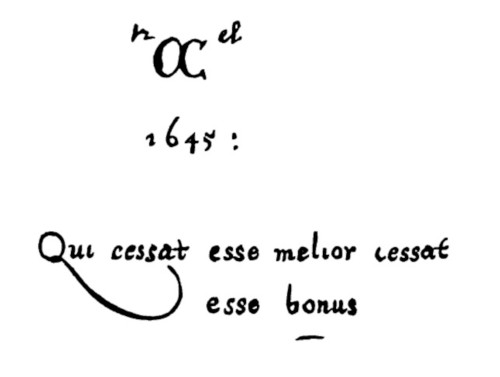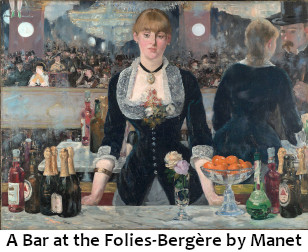Oliver Cromwell? John Andrewes? Earl of Chichester? Mark Antony Lower? Viscount Fauconberg? Apocryphal?
Question for Quote Investigator: A popular saying extols continuous improvement. Here are four versions:
- He who ceases to be better ceases to be good.
- He who ceases to improve, ceases to be good.
- If I cease becoming better, I shall soon cease to be good.
- If I am not better I am not good.
This saying has been credited to the controversial English military and political leader Oliver Cromwell. Would you please explore this adage?
Reply from Quote Investigator: This adage was in circulation by 1621 when it appeared in a book titled “A celestiall looking-glasse to behold the beauty of heauen” by John Andrewes. Spelling had not yet been standardized when this book was published. A section called “An Apologie of the Author to the Reader” contained a Latin version of the saying together with an English translation. Boldface added to excerpts by QI:1
Qui cessat esse melior, cessat esse bonus.
Hee that ceasseth to be better, ceasseth to be good
A contemporary formulation of this statement would be:
He that ceases to be better, ceases to be good
In 1630 the Latin expression appeared in a collection titled “Panacea: or, Select Aphorismes, Diuine and Morall”:2
It is not enough to repent, but thou must proceed from grace to grace, if thou wouldst atchieue the Crowne of Glory:
(Nam qui cessat esse melior, cessat esse bonus.)
Oliver Cromwell died in 1658, and the earliest linkage of the saying to the famous leader located by QI appeared almost two centuries later. An article titled “Remarks on the Pocket Bible of Oliver Cromwell with His Autograph” was read at an 1848 meeting of the Sussex Archaeological Society of England, and the article was printed in a volume of the “Sussex Archaeological Collections” in 1849:3
At the Society’s Annual Meeting, held at Lewes, 10th of August, 1848, the Earl of Chichester, one of the vice presidents of the Society, exhibited the Pocket Bible of Oliver Cromwell. It is the edition of 1645, “printed for the assignes of Robert Barker,” and is plainly bound, for portability, in four thin volumes. The autograph of the original proprietor is written at the beginning of the third volume only:
The Earl of Chichester believed that the large O and C were the authentic signature of Oliver Cromwell. The Latin statement accompanying the signature can be translated in several different ways. Here is another possible rendering:
Qui cessat esse melior cessat esse bonus
He who ceases to improve, ceases to be good
Below are additional selected citations in chronological order.
Continue reading “Quote Origin: If I Cease Becoming Better, I Shall Soon Cease To Be Good”








